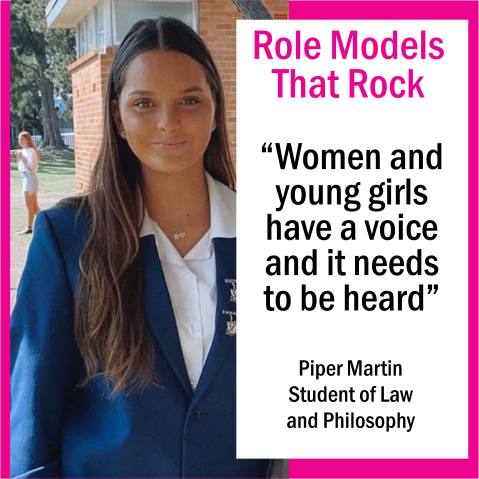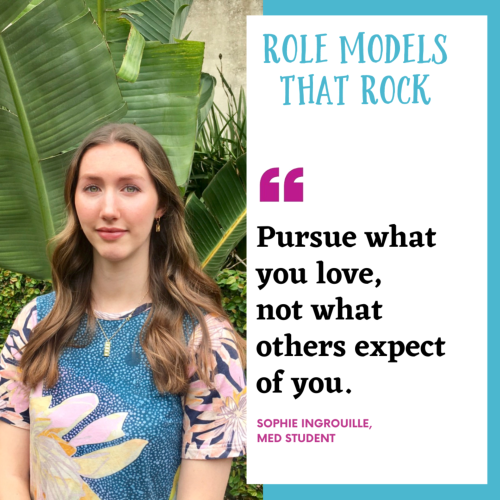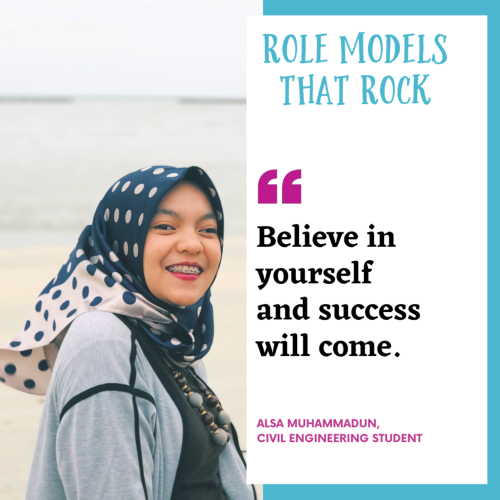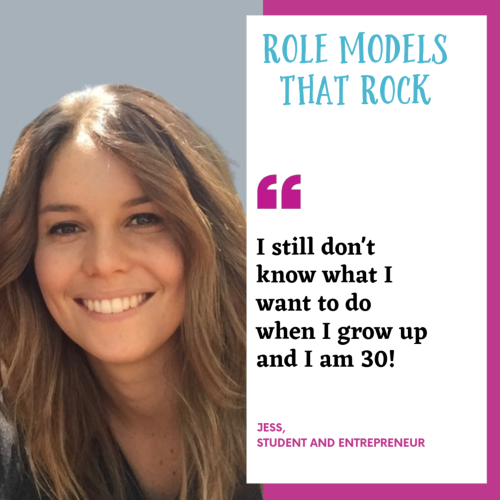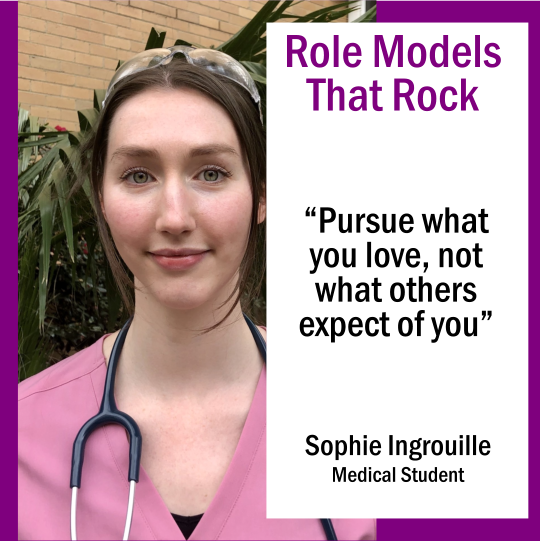 Sophie Ingrouille
Sophie Ingrouille
Medical Student
Sophie’s parents work in creative fields and growing up, becoming a doctor was never an obvious career choice.
What work do you do?
I’m currently studying full time as a medical student (I have just completed the second of four years’ training). I also work casually at a local bakery.
When you were at school did you know what work you wanted to do?
During my school years I think I went through stages of wanting to be just about everything – a vet, an architect, a journalist, a gymnast! Having creatives for parents and coming from a non-medical family, wanting to be a doctor wasn’t the obvious choice for me. I enjoyed subjects like biology and maths and I started thinking about medicine more seriously in Year 10. By Year 12, I pretty much had my heart set on a career in medicine.
How did you get started?
Knowing I was interested in medicine by the end of high school, I selected VCE subjects that were essential to enter directly into the course, as well as those needed to study science or biomedicine, including maths methods, biology and chemistry (I also studied French which I loved, as well as English and psychology). In Year 12 I also had to sit the UMAT, which is basically an aptitude test to rank students for entry into undergraduate medicine. I did well in my academic studies, achieving an ATAR of 99.65, but I fell well short of the UMAT cut-off so unfortunately was not accepted into the undergraduate course. It was quite devastating for me at the time. I decided instead to study Science at the University of Melbourne, majoring in human physiology. After three years of study, I was accepted into the post-graduate medical course.
What do you love most about your work?
2019 was my first year of clinical placement in the hospital environment. Being part of a medical team proved to be a big learning experience and quite challenging at times. I was “thrown in at the deep end” and I quickly learned that to gain the knowledge and confidence required to be a good doctor, I needed to step outside my comfort zone. This often meant approaching senior doctors to ask them questions, or seeing patients waiting in the emergency department and presenting their case to senior colleagues. It was a scary time and I often doubted myself, but I always felt empowered afterwards because I knew I had contributed to the team in some way rather than just passively observing.
Did you experience many ‘failures’?
I don’t like to use the word ‘fail’ to describe the setbacks I’ve had on my journey. I’ve definitely had challenges (and there will be many more to come) but I’ve learned from all of these and I wouldn’t change anything. I suppose failing the UMAT was very hard for me, especially considering the work I put in. But when I look back now, I’m glad in many ways to have entered medicine with some years of university under my belt. It gave me the opportunity to do other things such as travel and volunteer, which I wouldn’t have been able to do if I’d gone straight into the course after Year 12.
What’s been your biggest accomplishment so far?
Getting into the course of my dreams was pretty unbeatable!
Who helped you get to where you are today?
My parents have always been very supportive of my studies throughout high school and university and so have my friends and partner, who I met during the second year studying science. I also had amazing teachers in high school. In Year 12 they would often give up their lunch breaks to help answer questions or provide feedback on essays, which was invaluable. I have friends both inside and outside medicine, which really helps to keep things balanced.
How has technology changed your industry in the last 5-10 years?
Although I’m still a student and very new to the hospital environment, it is easy to see how technology is changing medicine. One example is the use of EMR (electronic medical records). Being able to store and access patient data all in the one place has revolutionised the ward round. Although it’s not mainstream yet, I’m excited to see technologies like 3D printing and stem cell programming become integrated into everyday medicine.
Do you have any advice for young girls thinking about a career in your industry?
I think I would say to young girls considering any career, be it medicine or otherwise, pursue what you enjoy rather than trying to fit into what others expect of you. It sounds simple, but it’s so easy to become caught up in what your parents want you to do, or what your friends are doing, or what pays the most or sounds the most prestigious. At the end of the day, prestige and glamour wear off pretty quickly. If you aren’t enjoying what you’re doing, you’ll struggle.
In your wildest dreams, what would you love to do every single day and get paid for it?
If I could deliver babies every day I’d be pretty happy!
